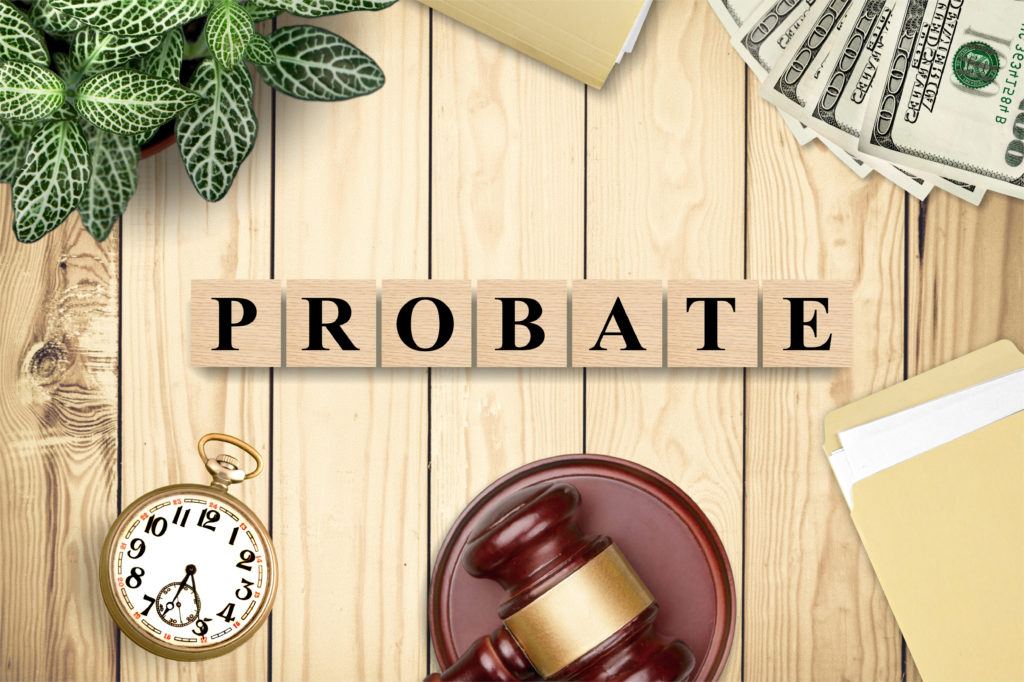Understanding the Probate Process in Texas
The probate process in Texas involves several crucial steps that ensure the lawful distribution of a deceased person's estate. It typically begins with filing the will, if one exists, along with an application for probate in the appropriate court. This process helps to validate the will and appoint an executor to manage the estate's affairs, ensuring that all debts are settled and assets are distributed according to the deceased's wishes.
In Texas, the probate process can vary based on whether the estate is large or small, and whether there are disputes among heirs. For instance, small estates may qualify for a simplified process known as "small estate affidavit," which can expedite the distribution of assets without the need for formal probate proceedings. Understanding these nuances can help individuals navigate the complexities of probate law effectively.
Common Probate Issues and How to Resolve Them
Probate can present several challenges, including disputes among heirs, challenges to the validity of the will, and issues with asset valuation. These conflicts can lead to lengthy court battles, delaying the distribution of the estate and causing emotional strain among family members. Recognizing these potential issues early can help in taking proactive steps to mitigate them.
For example, if an heir contests the will, it may require mediation or even litigation to resolve the dispute. Engaging an experienced probate attorney can provide guidance on how to handle these conflicts, ensuring that the estate is settled in accordance with the law while minimizing family discord. Effective communication among heirs and clear documentation can also play a key role in preventing misunderstandings.
Executor Responsibilities in Texas Probate
The executor plays a vital role in the probate process, tasked with managing the deceased's estate and ensuring compliance with legal requirements. This includes gathering assets, paying debts and taxes, and distributing the remaining assets to beneficiaries as outlined in the will. Executors must act in the best interest of the estate and its beneficiaries, which can be a significant responsibility.
In Texas, executors are also required to provide an accounting of the estate's finances to the court and beneficiaries. This transparency helps build trust among heirs and can prevent disputes. Executors should familiarize themselves with their duties and consider seeking legal advice to navigate the complexities of probate law effectively.
Alternatives to Traditional Probate in Texas
For some individuals, traditional probate may not be the most efficient way to manage an estate. Alternatives such as living trusts or joint ownership can allow for a smoother transfer of assets without the need for court intervention. These methods can save time and reduce costs associated with the probate process.
Living trusts, for example, allow individuals to transfer their assets into a trust during their lifetime, with the trust's terms dictating how assets are managed and distributed after their death. This can help avoid probate altogether, making it a popular option for estate planning in Texas. Understanding these alternatives can empower individuals to make informed decisions about their estate planning strategies.



